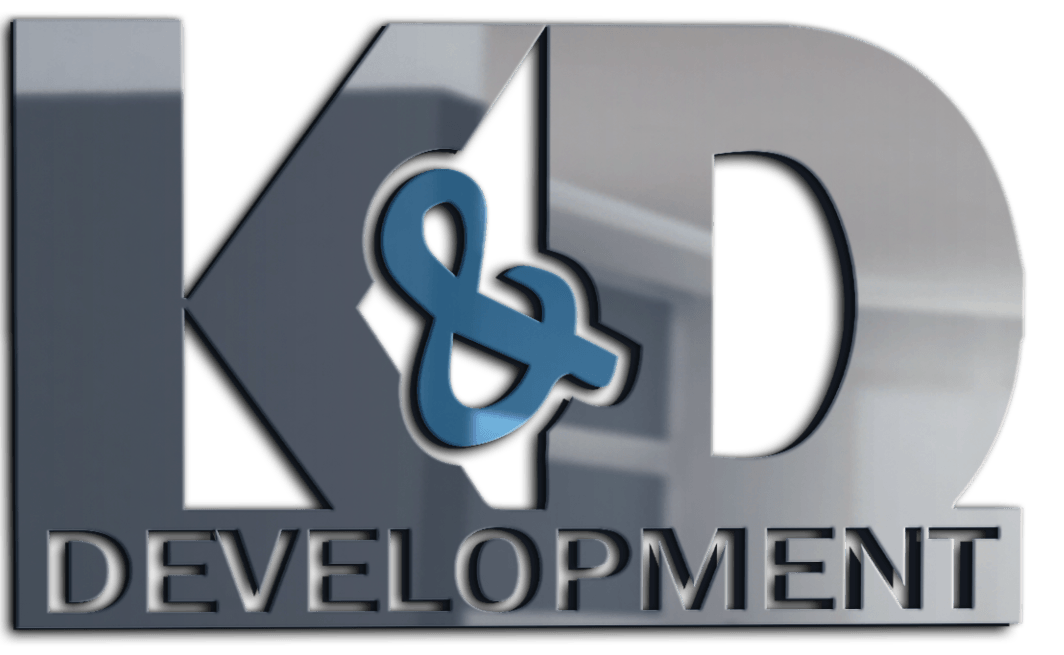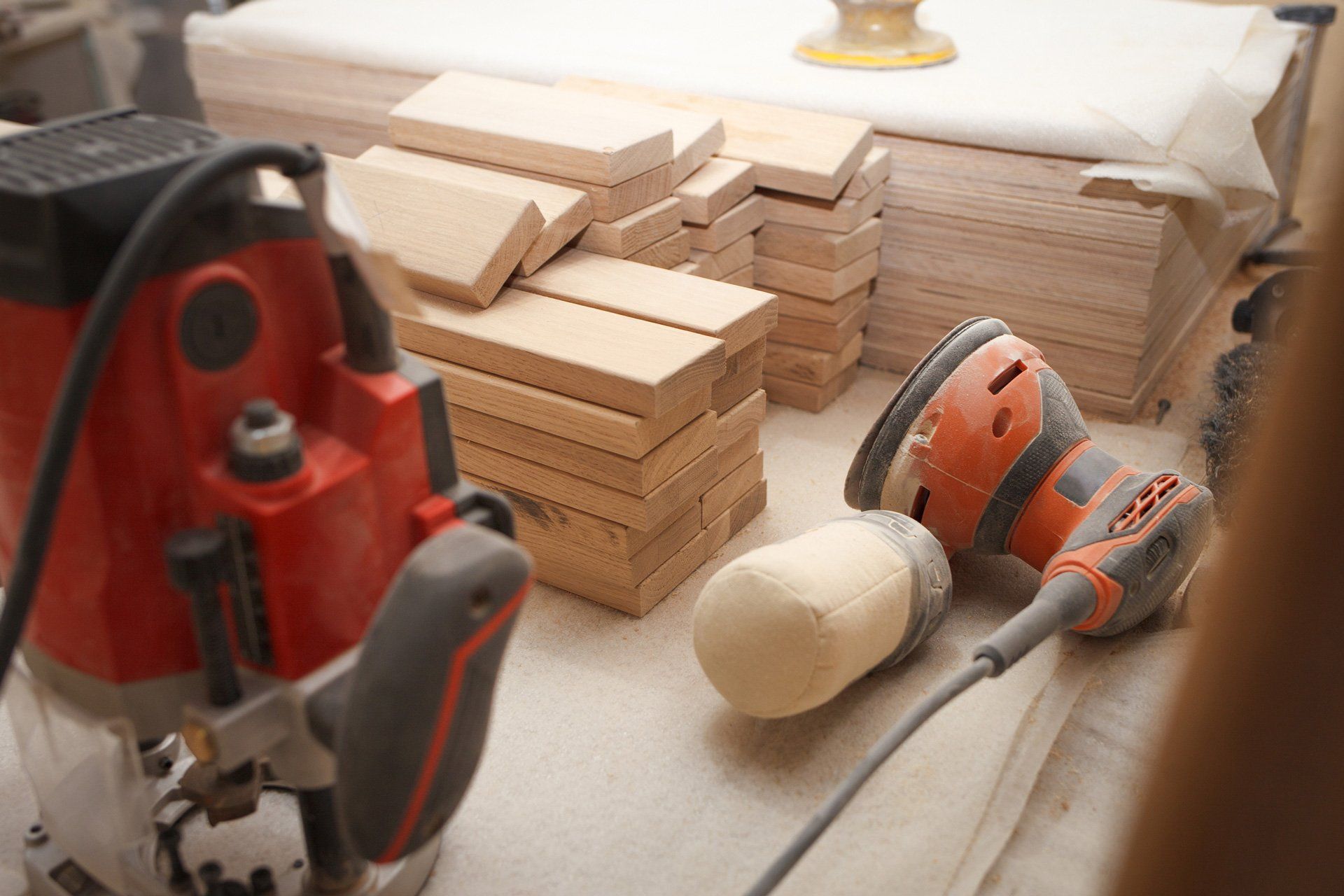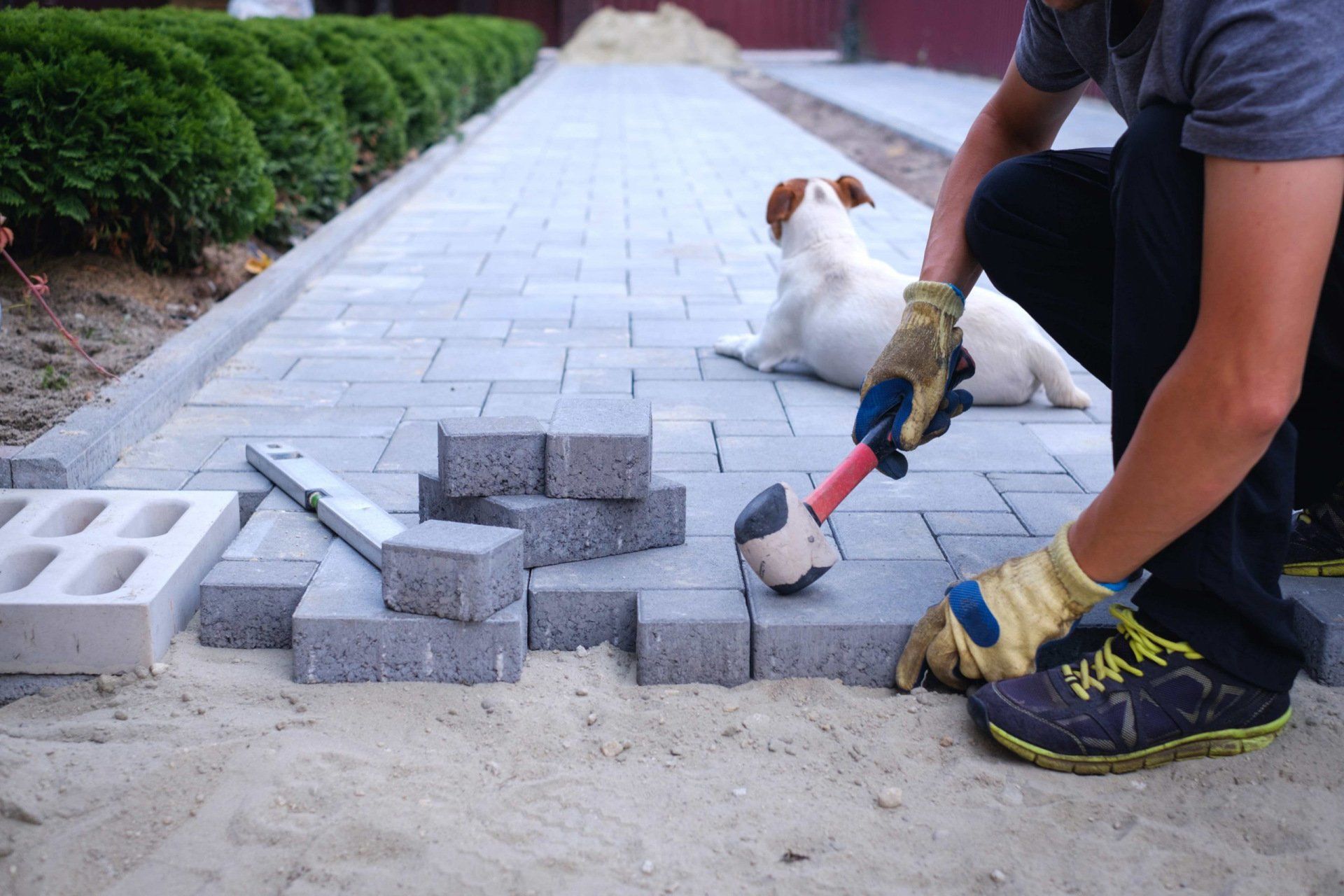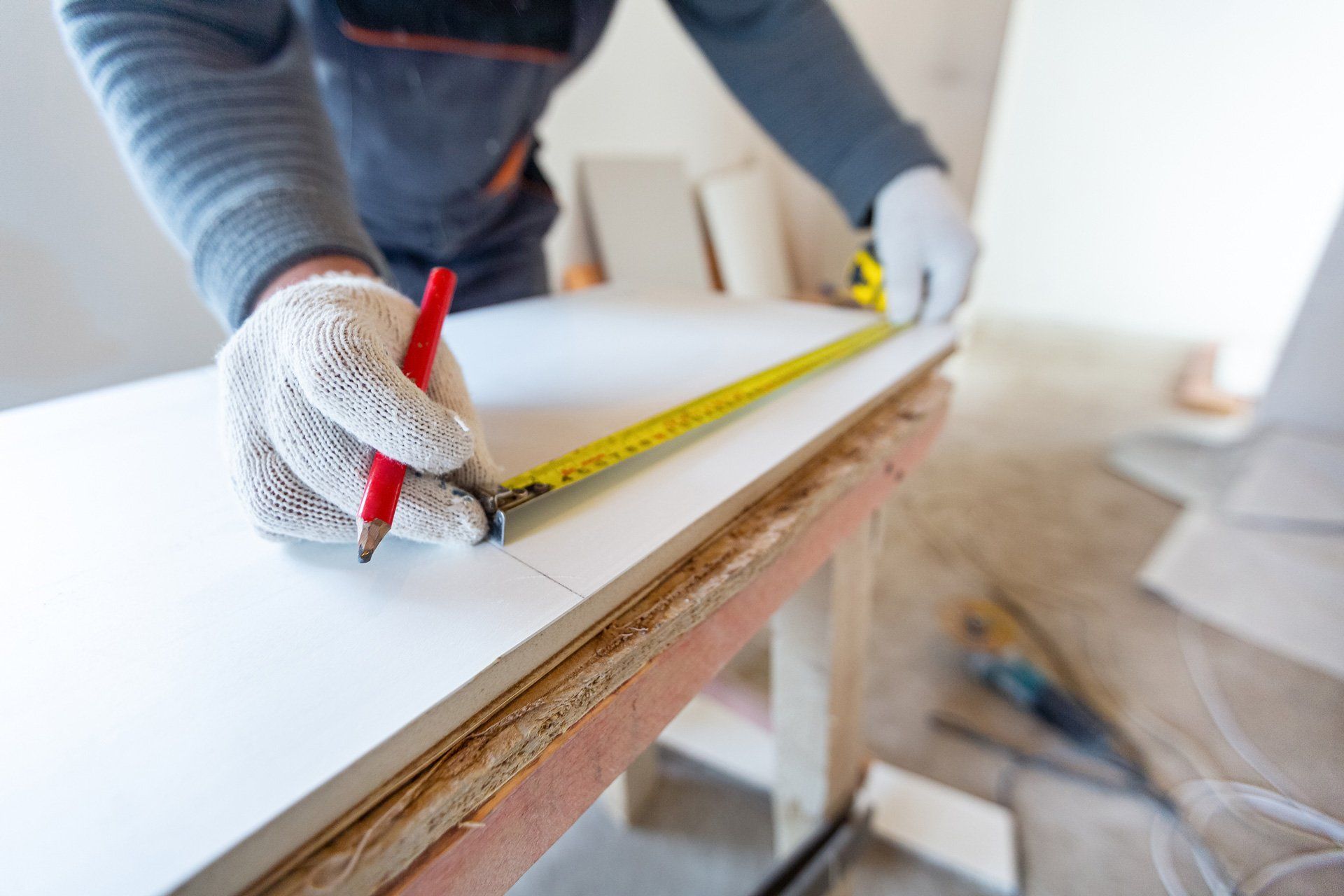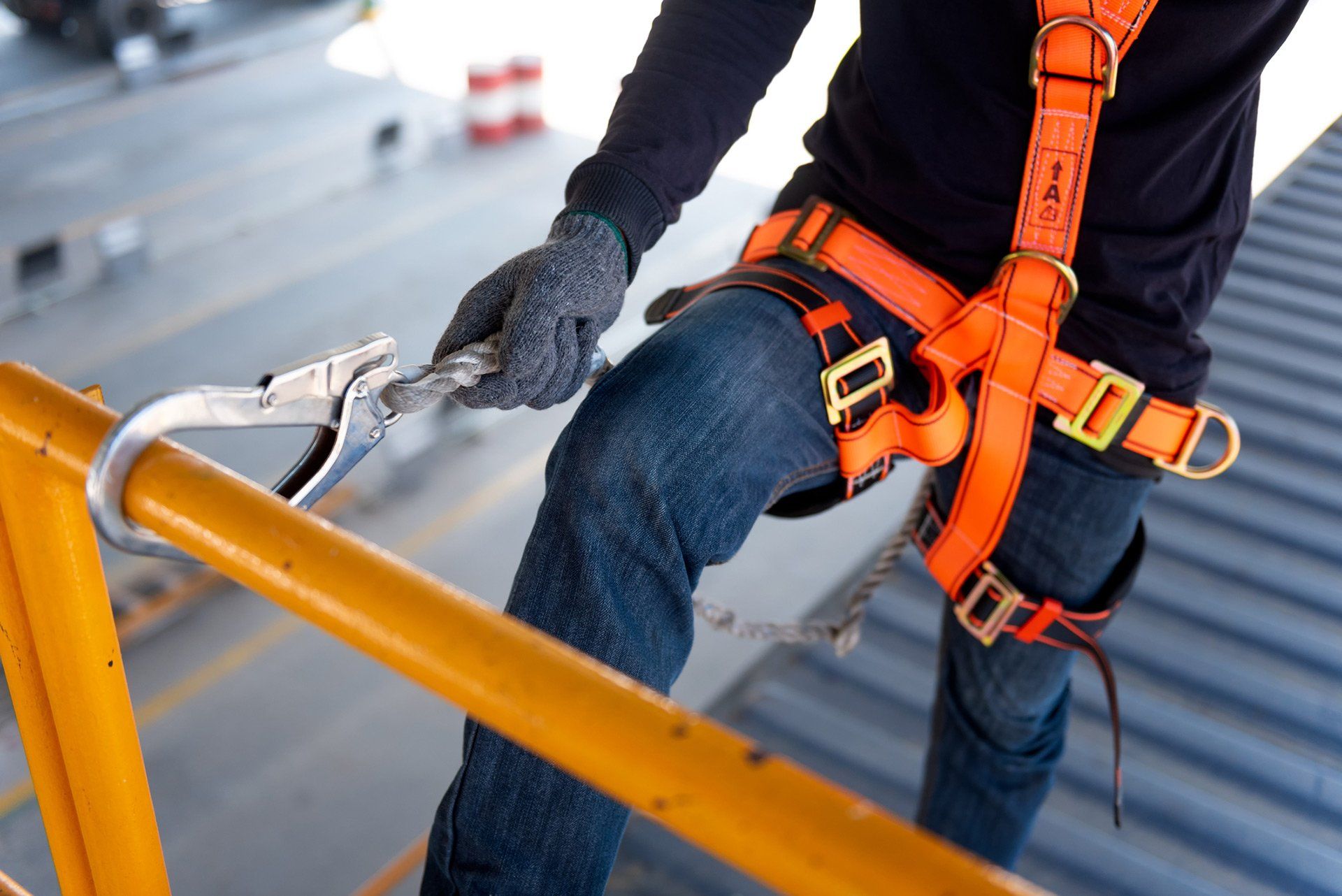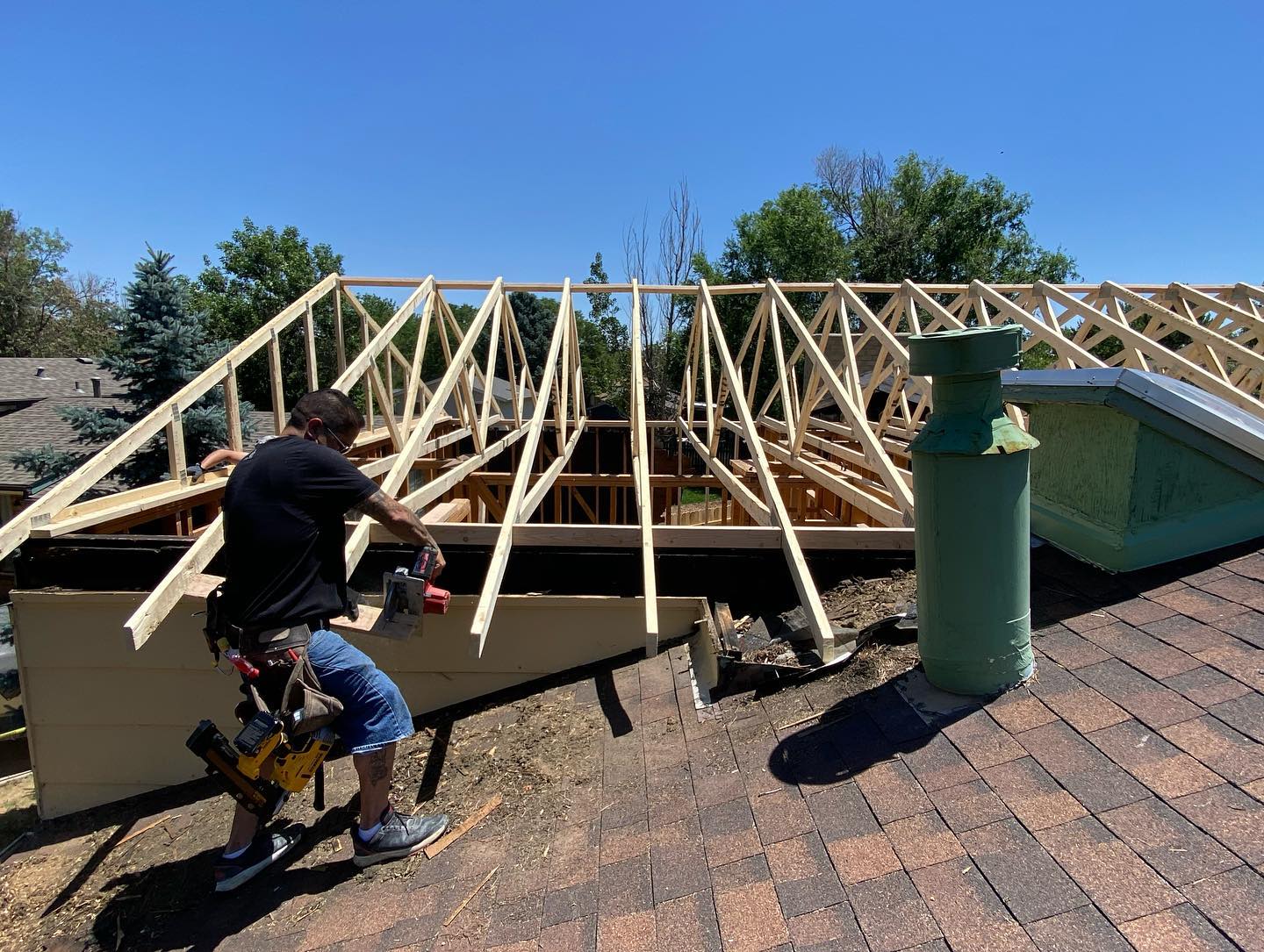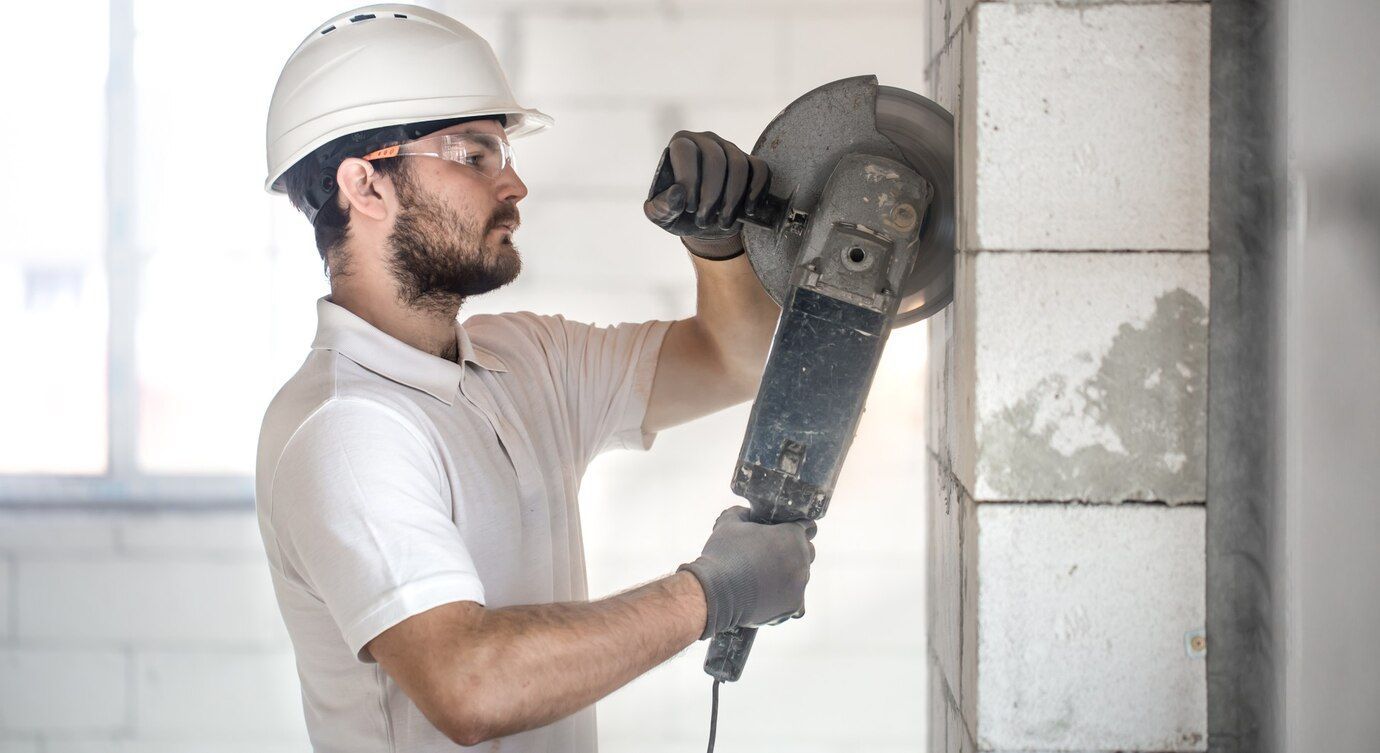Understanding Your Home’s Plumbing System
Understanding Your Home’s Plumbing System
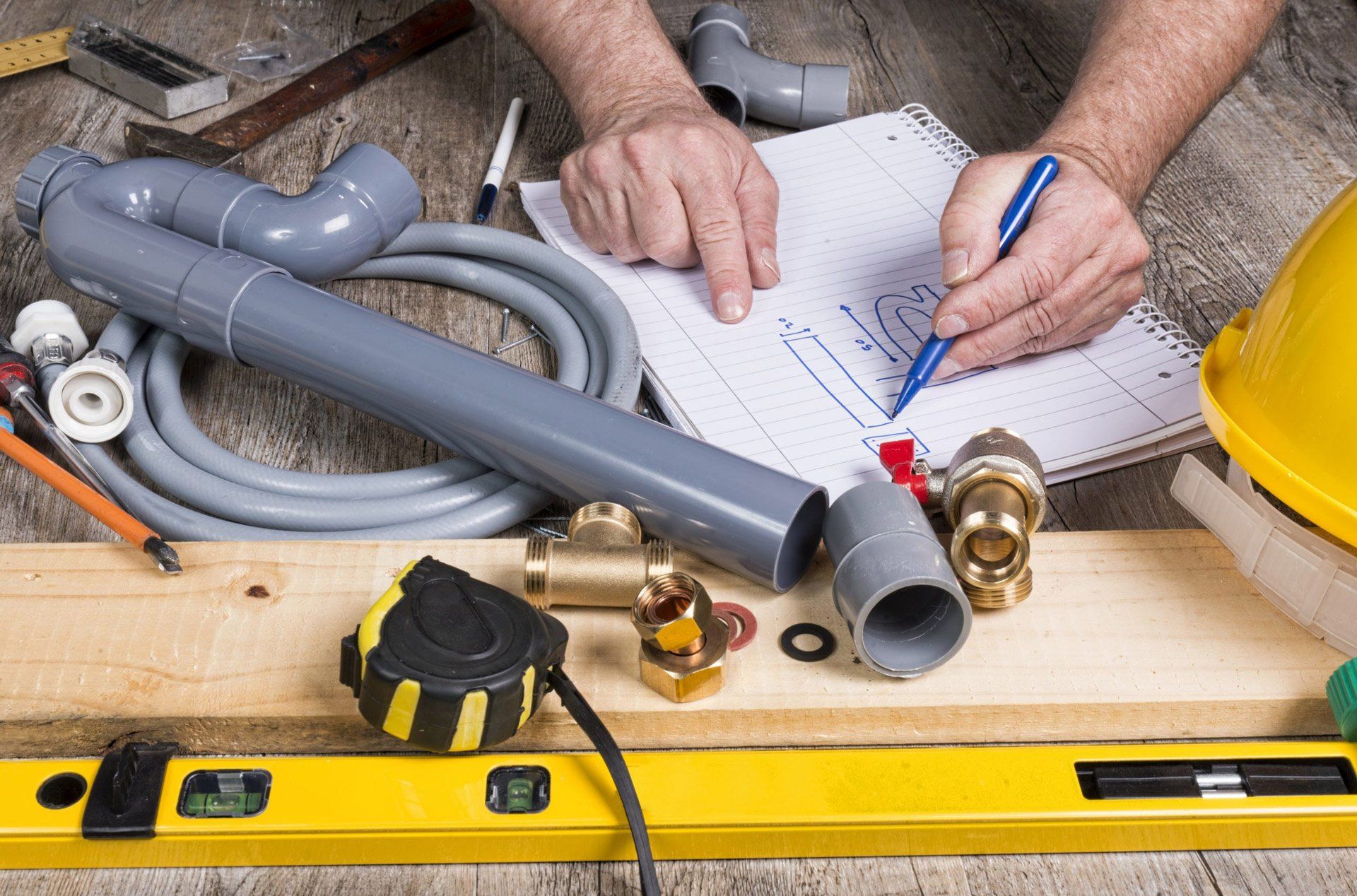
Plumbing is one of those essential parts of homeownership that often goes unnoticed—until something goes wrong. Understanding your home’s plumbing system can save you time, money, and frustration. In this guide, we'll delve into the various components of plumbing, how they work together, and why a little knowledge can go a long way in maintaining your home.
The Basics of Plumbing
At its core, plumbing is essential for the efficient movement of water in and out of your home. This intricate system comprises pipes, fixtures, valves, and appliances that collaborate to ensure a steady supply of clean water for everyday use while effectively removing wastewater. Understanding these components is crucial for maintaining a functional plumbing system.
The main water line connects your home to the municipal supply or a well, transporting fresh water through a network of distribution pipes. Meanwhile, the drainage system works by carrying wastewater away through drain pipes and vents, preventing unpleasant odors from entering your living space. Together, these elements create a seamless flow of water that supports your daily activities.
Water Supply System
The water supply system brings fresh water into your home. It starts at the municipal water supply or a well and travels through a network of pipes.
- Main Water Line: This is the primary pipe that connects your home to the water source. It’s typically buried underground and often made of copper, PVC, or PEX.
- Shut-off Valves: These valves allow you to turn off the water supply to your entire home or specific fixtures. Knowing their location is crucial in emergencies.
- Distribution Pipes: Once the water enters your home, it’s distributed through smaller pipes to faucets, showers, toilets, and appliances.
Drainage System
The drainage system removes wastewater from your home. This system relies on gravity to transport waste to the municipal sewer system or your septic tank.
- Drain Pipes: These pipes carry wastewater away from sinks, toilets, and showers. They’re typically made from PVC or cast iron.
- Vents: Plumbing vents allow air into the drainage system to prevent vacuum pressure, ensuring wastewater flows smoothly. They also release sewer gases outside your home.
- Traps: These curved sections of pipe (often found under sinks) hold a small amount of water to prevent sewer gases from entering your home.
Fixtures and Appliances
Fixtures and appliances are the most visible elements of your plumbing system, playing a vital role in daily life. Sinks, faucets, toilets, and bathtubs are essential for hygiene and convenience, while appliances like dishwashers and washing machines enhance efficiency in household chores. Each of these fixtures is connected to the plumbing network through a series of pipes and valves, allowing for the smooth flow of water.
The proper installation and maintenance of these components are crucial to prevent leaks and ensure optimal performance. For instance, regular checks on faucet seals and toilet flappers can prevent water waste, while understanding how to operate your appliances efficiently can lead to significant savings on water bills.
Common Plumbing Issues
Even with a good understanding of your plumbing system, issues can arise. Here are some common problems and their potential causes:
Leaks
Leaking pipes can result from corrosion, poor installation, or temperature fluctuations. These leaks may cause extensive water damage, promote mold growth, and lead to higher utility bills. Prompt detection and repair are crucial to mitigate these issues effectively.
Clogs
Clogs typically arise from a buildup of hair, grease, soap scum, or foreign objects obstructing the pipes. Regular maintenance, such as using drain screens and avoiding pouring grease down the sink, can significantly reduce the risk of clogs and plumbing issues.
Running Toilets
A running toilet can waste a large volume of water, leading to inflated water bills. Common culprits include a faulty flapper, a misadjusted float, or a damaged fill valve. Identifying and fixing these issues can restore efficiency.
Low Water Pressure
Low water pressure can be caused by mineral buildup in pipes, leaks, or problems with the municipal water supply. To resolve this issue, it’s essential to identify the specific cause, enabling effective repairs and ensuring consistent water flow.
Tips for Maintaining Your Plumbing System
Regular maintenance can extend the life of your plumbing system and prevent costly repairs. Here are some tips:
Inspect for Leaks
Make it a habit to regularly inspect areas under sinks, around toilets, and near major appliances for signs of leaks. Early detection can save you from costly repairs and prevent water damage, mold growth, and structural issues in your home.
Know Your Main Shut-off Valve
Locate your main shut-off valve and ensure everyone in your household knows where it is. In emergencies like burst pipes, turning off the water quickly can minimize damage and reduce water wastage, making it a crucial part of home maintenance.
Regularly Clean Drains
To maintain clear drains, use a mixture of baking soda and vinegar or commercial drain cleaners regularly. Avoid disposing of grease or large food particles down the sink, as these can accumulate and lead to stubborn clogs over time.
Insulate Pipes
If you live in colder climates, insulating your pipes is essential to prevent freezing and potential bursting during winter. Pipe insulation not only protects your plumbing but also helps maintain water temperature, leading to greater energy efficiency and cost savings.
When to Call a Professional Plumber
While many plumbing issues can be addressed with DIY solutions, certain situations call for professional expertise. Major leaks, particularly those hidden in walls or ceilings, can lead to severe structural damage and mold growth if left unattended. In these cases, contacting a plumber promptly is essential to mitigate potential hazards and repair costs.
Similarly, persistent clogs that resist all home remedies may require specialized tools and equipment that only professionals have. Additionally,
during kitchen or bathroom remodels, hiring a plumber ensures that all plumbing connections are correctly installed and comply with local codes. Water heater problems, like inadequate hot water or leaks, also necessitate a plumber's diagnostic skills for safe and effective repairs.
Understanding Plumbing Codes
Understanding plumbing codes is crucial for homeowners, as these regulations dictate the standards for installation and maintenance of plumbing systems. Each city has specific codes that ensure safety, efficiency, and environmental protection. Familiarizing yourself with these codes not only helps you stay compliant but also promotes the longevity and functionality of your plumbing system.
When planning renovations, knowledge of local plumbing codes is particularly important. Adhering to these guidelines can prevent potential fines and delays in project approval. Furthermore, proper compliance ensures that any work done meets safety standards, reducing the risk of future plumbing issues and costly repairs. Always consult local regulations before starting any plumbing project.
Conclusion
Understanding your home’s plumbing system is essential for maintaining a safe and efficient living environment. From recognizing the key components like water supply and drainage systems to knowing when to call a professional, being informed empowers you as a homeowner. Additionally, familiarizing yourself with local plumbing codes ensures that any work done adheres to safety standards, preventing potential issues and costly repairs. At K&D Development located at 2951 W 91st Pl, Federal Heights, CO 80260 United States, we’re here to help with all your plumbing needs, ensuring your home remains functional and comfortable for years to come.

We are dedicated to providing commercial and residential contractor services in the Denver Metro Area.
K&D Development
PHONE:
Kurtis- 303-359-0214
BUSINESS HOURS
Mon - Fri: 08:00 AM - 05:00 PM
Sat - Sun: Closed
Business Address:
2951 W 91st Pl, Federal Heights, CO 80260, United States
Copyright © 2025 K&D Development. All Rights Reserved. Powered by
https://globalizedmarketingsolutions.com
